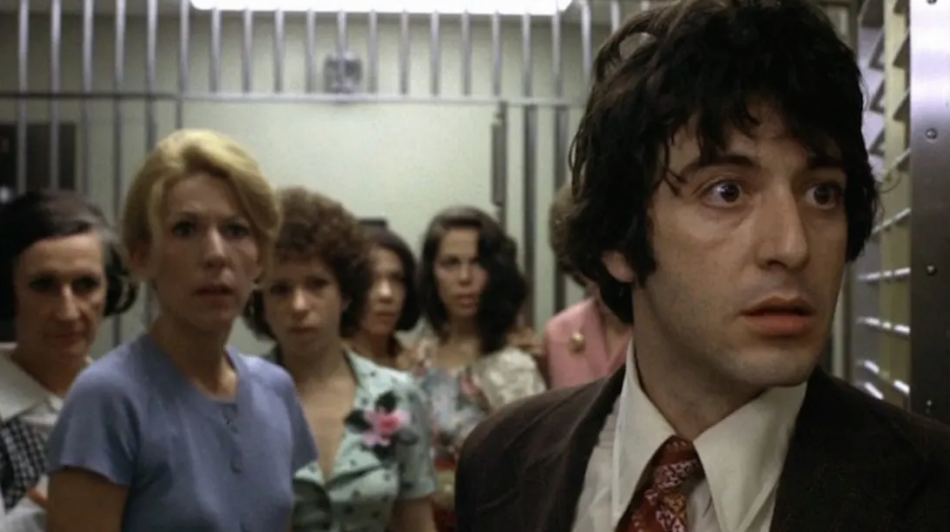
The study of transitions became popular in the 1970s with the “third wave.” Since then, a fundamental premise in this agenda has been that the transition from autocracy to democracy exhibits similar traits across time and place. The similarities exist despite evident contrasts between diverse regions and countries, and despite their different starting points.
In this way, a real avalanche of case studies and comparisons generated a systematization of this research program around different “modes” and “types” of transition, such has been the predominant language. In other words, different trajectories of change created classifications.
Thus, in a very concise and general way, the transition can occur “from above” through negotiations between elites (such as the Moncloa pacts) or imposed (by existing institutions, for example, such as the Constitution of Pinochet). Alternatively, it can happen “from below,” when mobilization favors a peaceful transformation of the system (as with the massive mobilizations of civil society in Central Europe) or when a popular revolt eventually leads to a breakdown of the regime (as in South Africa).
Of course, the transition in the real world involves a mixture of all these ingredients, but simplification makes it possible to stylize paths that are useful for comparative analysis. Therefore, many who study the deep and extensive Venezuelan political crisis have used this approach in their hypotheses on the prospects for the democratization of Venezuela. It has at least two drawbacks.
Firstly, after two decades of Chavismo, we can see that all these strategies have been tried repeatedly – separately and in combination- but they have always failed. Remember the multiple instances of dialogue, the constant pleas to Chavez’s Constitution that Chavez himself violates, the long list of peaceful marches, including those for the recall referendum, as well as the mobilizations to force the exit of the regime, whether to Miraflores or that of 30th April.
The second drawback is analytical: the peculiar character of the regime, which in turn explains the repeated previous failures. The Franco regime, Pinochet’s dictatorship, the communist bloc and the apartheid, among other autocracies in history, were all political-ideological entities. Their commonality was what they had to do when the time came: negotiate, cede, and execute their exit from power. In other words, they engaged in politics until the very end.
In contrast, the Chavista regime is not a political entity even though it came to power through politics. Overtime, Chavismo has become a conglomerate of criminal organizations that exercise control over state apparatus. It is inevitably partial and fragmented precisely because it is a conglomerate with internal competition.
The episode of Cota 905 illustrates this conglomerate. Criminal gangs encountered the Special Armed Forces (FAES), also known as the death squad of the regime. The confrontation ended with Maduro ordering FAES to step back. The state no longer exists when the head of the state sides with criminal groups.
Hence, using analytical categories from the literature on transitions obscures the purpose of the study. Additionally, however, this vocabulary has been beneficial for the regime to normalize itself as a political actor and hide its true nature. All this while it pretends to negotiate a political solution, that is, a “transition.” It has been the case for years.
Note that if the regime’s response to the expansion of U.S. sanctions has been to leave the dialogue table in Barbados, it is clear what its objective is, or was: to turn the “opposition” leadership into a lobbyist for lifting sanctions. The administration has some points to clarify, but like Chavismo, it seems comfortable with Norwegian secrecy.
Moreover, the interim government has left the international community of supporters, and the Venezuelans it represents, in uncertainty. As it happens that voluntary departure is not Chavismo’s astral chart. Different players- criminal ones would have likely vetoed this decision. Thus, the country acts as a standard-bearer; the Venezuelans are the hostages; power is a necessary condition for the illicit. The regime’s negotiation is ad infinitum, and so it has been since at least 2014.
So we come to Dog Day Afternoon. It is not a theory but a metaphor. It is a classic movie about a bank robbery that involves taking hostages and has Al Pacino as the protagonist accompanied by another superstar, John Cazale. It’s a good analogy of Chavismo: at times drama, at times comedy of the absurd. Two amateurs who carry out the robbery arrive late and find the vault almost empty. Sonny Wortzik (Pacino) becomes a sudden celebrity as he negotiates with the police on the sidewalk and gives a live TV interview. He’s a good demagogue, throwing bills at the crowd behind police fences.
Empathy grows between robbers and hostages, the classic Stockholm syndrome, while pressure increases when the FBI replaces the city police and takes over the negotiation. The siege is getting tougher and is not merely diplomatic. The end is approaching, the bandits demand a plane to travel to Algeria. They go with the hostages to the runway, but the driver of the vehicle has a hidden weapon. It is almost surgical: a shot fired in the forehead and the crazy adventure of two fans ends. It was based on a true story.
All this because I insist, there is no voluntary departure, no frank dialogue, no genuine negotiation. Moreover, if in the end, it includes the use of force by the United States, which is not even likely, those who always find empire conspiracies, such as Maduro and company, should know that it will no longer be a matter for the CIA as it once was. In Chavista Venezuela, if intervention occurs, it will be a matter for the DEA.
 Versión Español
Versión Español













